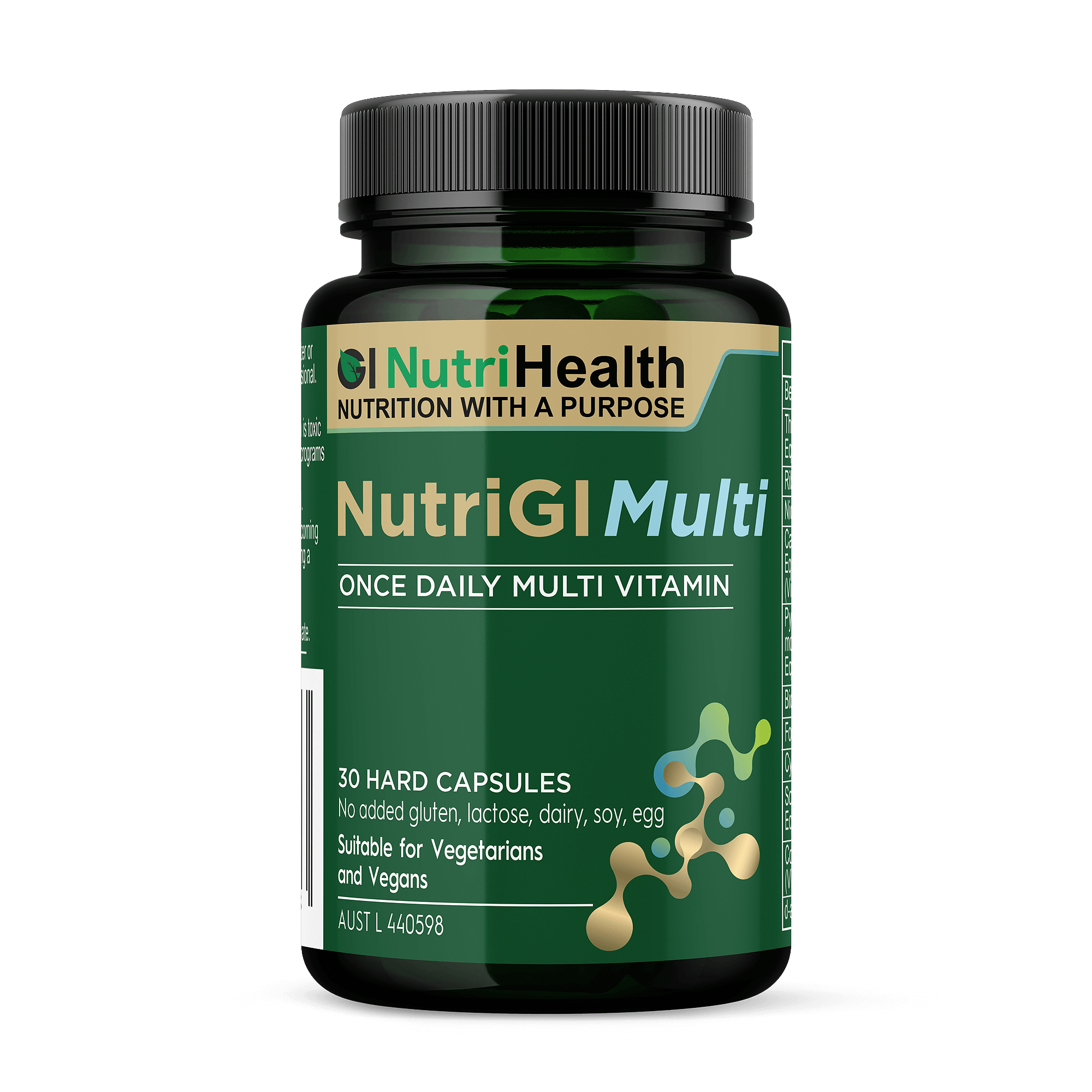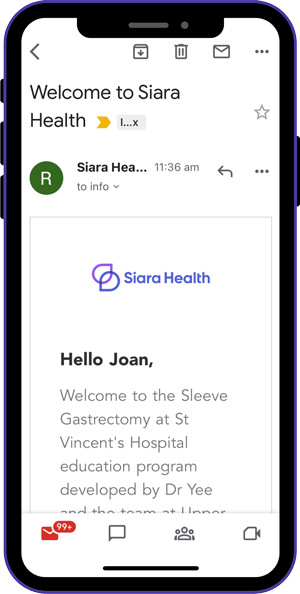Back to Patient Portal
Bariatric surgery is a life-changing step towards achieving weight loss and overall improved health. As patients begin this transformative journey, it’s crucial to recognise the significance of post-operative bariatric care, particularly when it comes to vitamin supplementation. Many patients don’t realise that after bariatric surgery they will be required to take lifelong vitamin and mineral supplements, or potentially face serious health consequences down the line.
In this blog post, we’ll delve into the essential role that vitamins play after bariatric surgery and why it’s important to prioritise their intake for long-term well-being.
Vitamin Deficiencies After Bariatric Surgery
After bariatric surgery, patients are at an increased risk of deficiencies in certain vitamins and minerals due to changes in the digestive system that affect nutrient absorption. The specific deficiencies can vary depending on the type of bariatric surgery procedure performed, but here are some common vitamins and minerals that may require supplementation after bariatric surgery:
Vitamin B12 – reduced stomach acid and intrinsic factors after surgery can hinder B12 absorption.
Iron – reduced stomach size and changes in the digestive tract can limit iron absorption
Calcium – changes in the digestive system can impact calcium absorption.
Folate (Vitamin B9) – Reduced absorption in the small intestine.
Thiamine (Vitamin B1) – Reduced absorption in the small intestine, especially common in gastric bypass patients.
Zinc – Reduced absorption in the small intestine.
Copper – Limited absorption in the digestive tract.
Vitamin A – Reduced absorption.
It’s important for individuals who have had bariatric surgery to undergo regular blood tests to monitor their nutrient levels. For our patients, we tailor supplementation plans based on individual needs and recommend specific products designed for post-bariatric surgery patients. For example, as part of our Aftercare Program, our patients are provided with a month’s supply of Bariatric multivitamins.

Thiamine – A Critical Component
One of the key vitamins that demand special attention after bariatric surgery is thiamine. Thiamine deficiency can lead to neuropathy, permanent brain damage and even dementia. To combat this, our nurses regularly check in with our patients, providing reminders about taking bariatric multivitamins post-surgery and emphasising the critical role supplementation plays in preventing long-term complications.
Siara Health – Keeping Patients Updated Before AND After Surgery
At Upper GI Surgery we are advocates for the importance of continuous support for our bariatric patients to achieve long-term sustainable weight loss, and live healthy lives. That’s why we’ve integrated the Siara Health system into our post-operative care program.
Siara Health serves as a valuable tool to set up reminders for our patients, ensuring they stay on track with their bariatric multivitamins. They receive timely text/email notifications that are reminders to take their supplements.
We have a proactive approach, ensuring that patients are followed up post-surgery at 2, 6 and 12 weeks as well as 6, 12, 18, 24 and 36 months. These touchpoints with our team are important for our clinicians to discuss your multivitamin intake. Taking daily multivitamins lifelong is not just a recommendation; we ask our patients to agree to this when signing their consent for surgery, acknowledging their commitment to daily multivitamin intake.

Investing in Your Health
Taking the correct vitamins after bariatric surgery is an investment in your long-term health. For as little as $1 a day, the benefits far outweigh the expense. We encourage patients to explore subscription options online or with their pharmacy, where you may be able to get your supply at a lower cost.
Dispelling Misconceptions – not just any multi-vitamin will do
There’s a common misconception that any multivitamin will suffice post-bariatric surgery, especially if you haven’t undergone a gastric bypass. During the weight loss period after surgery (first 6-12 months) and during times of stress or illness, standard multivitamins are insufficient and some can contain additional items (such as high levels of vitamin B6) that can be toxic and cause illness. Bariatric multivitamins are specifically formulated to meet the unique needs of post-operative patients. Opting for standard multivitamins or none at all can lead to unwanted consequences, as the body may no longer absorb certain nutrients effectively.
The importance of taking vitamins after bariatric surgery cannot be overstated. At Upper GI Surgery we prioritise the well-being of our patients – it’s not just about taking vitamins, it’s about investing in a healthier, more fulfilling future. Don’t compromise on your post-operative care.




0 Comments